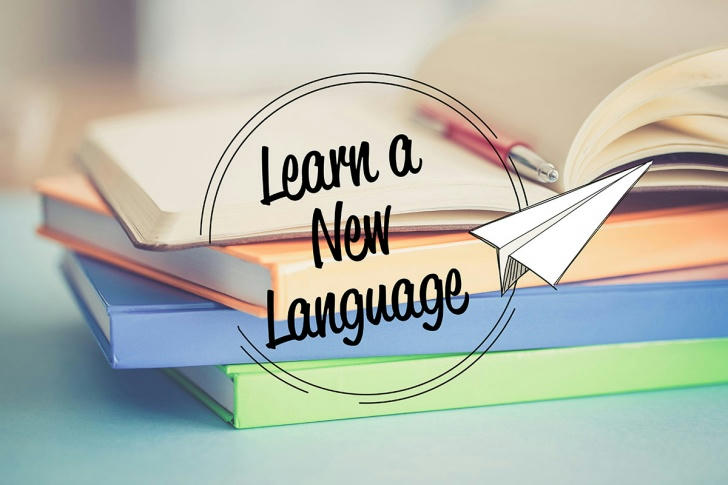Exploring Free Speaking Courses in Canada: Your Path to Language Proficiency
In today’s globalized world, mastering a foreign language, especially speaking skills, is becoming increasingly important. Whether for career advancement, travel, or social interaction, fluent speaking is an essential skill. In Canada, a multicultural country, many institutions offer free speaking courses and resources to help you take solid steps on your language learning journey.

1. Public Libraries in Canada
Many cities' public libraries (like the Toronto Public Library and Vancouver Public Library) are not just great places to borrow books, but also treasure troves for learning. They offer free language learning resources and speaking courses that include group discussions and one-on-one tutoring, often featuring themed events and cultural exchanges. These courses are usually led by experienced teachers or volunteers, encouraging learners to speak boldly in a relaxed and enjoyable environment.
Real Case Study
For instance, Anna, a new immigrant, participated in the English conversation course at the Toronto Public Library. Through interaction with other learners, she not only improved her speaking skills but also made many friends. At a cultural event, she shared stories about her hometown, receiving plenty of positive feedback, which boosted her confidence.
2. Language Learning Centers
•Canadian Language Centre: This institution offers free English conversation courses suitable for those looking to enhance their speaking skills. These courses typically utilize interactive teaching methods, including role-playing, discussions, and practical activities that allow students to practice language in real-life scenarios.
•Immigrant Service Organizations (like Mosaic): Many immigrant service organizations provide free language training, including speaking courses, to help new immigrants integrate better into the local community. These programs often combine life skills training, enabling you to communicate confidently in everyday situations.
3. Online Platforms
•Coursera and edX: These platforms offer some free speaking courses from Canadian universities (such as the University of Toronto). While most courses are paid, you can opt for free auditing or apply for financial aid. In these courses, you can access excellent educational resources and interact with learners from around the globe.
•YouTube: Many Canadian educational channels provide free English speaking tutorials that cater to various levels of learners. By watching these videos, you can learn authentic expressions and pronunciation techniques.

4. Language Exchange
Language exchange is a practical and economical method to improve your speaking skills. Through online platforms (like Tandem or HelloTalk), you can find native speakers of the language you wish to learn for conversation. Additionally, universities and communities in Canada often host language exchange events, providing opportunities for face-to-face interaction. This two-way learning is not only enjoyable but also deepens your understanding of different cultures.
Real Case Study
Jack, an international student, found a local language exchange partner using Tandem. Through their weekly conversations, they helped each other improve, and Jack’s speaking skills significantly enhanced. He also learned many Canadian cultural customs, making him feel more comfortable in social situations.
5. Social Media and Apps
Many social media platforms and mobile applications provide free learning resources. For example:
•Duolingo and Memrise: These apps help you learn speaking through gamification, making them suitable for beginners and advanced learners alike. You can practice anytime, anywhere, making the most of your spare moments.
6. Self-Practice
Self-practice is also a crucial method to improve your speaking skills. You can engage in the following practices:
•Shadowing Practice: Choose your favorite English videos or audio and repeatedly shadow them, mimicking the pronunciation and intonation to enhance your fluency and articulation.
•Recording: Record your voice and play it back to assess your pronunciation and intonation, helping you identify areas for improvement.
7. Case Study: Xiao Wang's Learning Journey
Bob is a young person who recently immigrated to Canada and wanted to quickly improve his English speaking skills. After a friend's recommendation, he enrolled in the free English conversation course offered by the local public library. The course utilized group discussions, allowing him to interact with other learners and practice speaking.
Xiao Wang also took advantage of the language training program from Mosaic, participating in several group activities where he met new friends. They practiced speaking together and shared experiences, helping each other out. Through these courses and activities, Xiao Wang’s English speaking skills improved significantly; he could confidently engage in daily conversations and even saw professional growth.

Conclusion
Improving your speaking skills doesn’t have to involve spending a lot of money. By utilizing well-known local institutions and free resources in Canada, you can practice speaking anytime and anywhere. The key is to maintain a positive learning attitude and consistent practice. Whether you are a beginner or looking to further enhance your skills, you can find suitable free speaking courses to fit your needs. Start your journey in language learning today, and let language be the bridge that connects you to the world!
